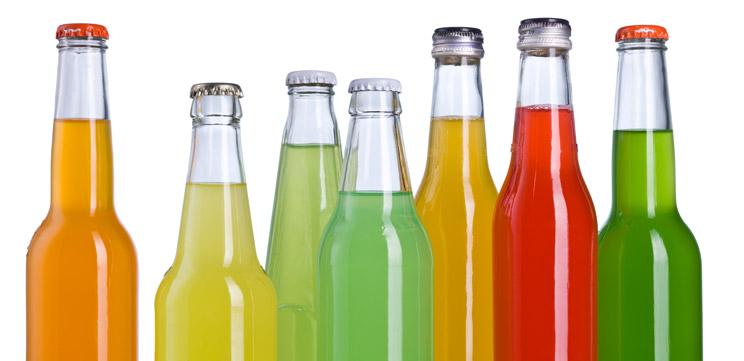New research co-authored by Deakin University and the Obesity Policy Coalition (OPC) has indicated a 20 per cent tax on sugary drinks in Australia could save more than 1,600 lives and raise $400 million a year.
The modelling study, published in the journal, PLOS ONE, suggests that taxing soft drinks and other high-sugar beverages in Australia could result in a 12.6 per cent reduction in consumption, delivering significant health benefits. This includes 1,606 more Australians alive in 25 years, having avoided premature death due to weight-related diseases, 16,000 fewer cases of type 2 diabetes, 4,400 fewer cases of heart disease and 1100 fewer cases of stroke.
“Australians consume large quantities of sugary drinks – in fact, sugary drinks are the largest contributor of added sugar in our diets,” study co-author Jane Martin, OPC Executive Manager, said. “But with 16 teaspoons of sugar in a 600ml bottle of soft drink, regular consumption is directly linked with weight gain and overweight and obesity, which are risk factors for type 2 diabetes, heart disease and some cancers.”
Ms Martin said the tax would work in a similar way to the tax on tobacco, with a price hike deterring people from buying products deemed to be detrimental to their health.
“A 20 per cent tax on sugary drinks will generate an estimated $400 million in revenue each year and reduce our healthcare costs by as much as $480 million over 25 years,” she said. “This revenue could be used for programs to reduce childhood obesity, subsidise the cost of healthy food for low-income families and fund health-promotion activities to improve diets.”
Commenting on the research, Australian Beverages Council CEO Geoff Parker said it was “ignorant” to implement a tax on soft drinks alone, when this category contributed just 1.7 per cent of the daily intake of kilojoules for Australian adults.
“There’s also no substantial evidence globally that a soft-drink tax has a meaningful impact on obesity rates,” he said. “Denmark has introduced and subsequently repealed a ‘fat’ tax within 18 months, due to its blatant ineffectiveness. When implemented in Mexico, the tax only reduced dietary intake by six calories.
“As an industry, we advocate education, moderation and a commonsense approach. Beverage consumption is a personal choice and soft drink can safely maintain a place within a balanced diet. It is not, however, a source for revenue raising.”




